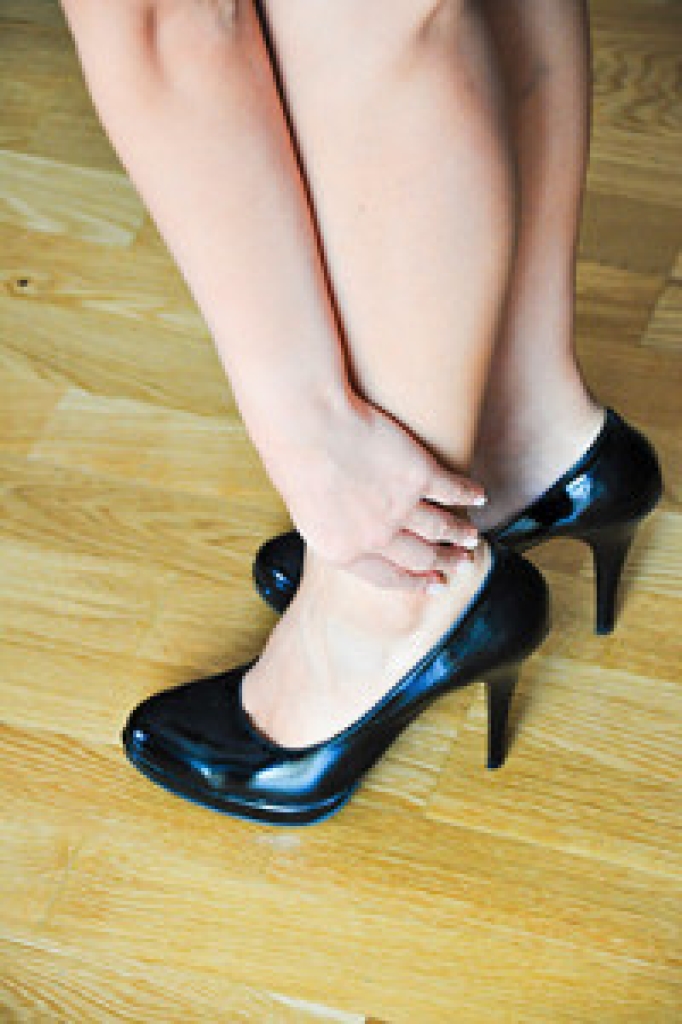 Research has shown there are several uncomfortable foot conditions that may develop as a result of being overweight. The excess weight may put additional pressure on the plantar fascia, which is the tissue that connects the heel to the toes. If this tissue should become torn or inflamed, the condition that is known as plantar fasciitis may develop. It is known to cause severe pain and discomfort and the ability to perform daily activities may be compromised. The pain is typically felt in the heel and surrounding areas and wearing custom-made orthotics may provide a moderate level of relief. Patients who are obese may have trouble in practicing a routine exercise regime, and this may be a result of the inability to move freely, often caused by uncomfortable heel pain. If you have any form of heel pain, it is suggested to speak to a podiatrist who can properly guide you to correct treatment options.
Research has shown there are several uncomfortable foot conditions that may develop as a result of being overweight. The excess weight may put additional pressure on the plantar fascia, which is the tissue that connects the heel to the toes. If this tissue should become torn or inflamed, the condition that is known as plantar fasciitis may develop. It is known to cause severe pain and discomfort and the ability to perform daily activities may be compromised. The pain is typically felt in the heel and surrounding areas and wearing custom-made orthotics may provide a moderate level of relief. Patients who are obese may have trouble in practicing a routine exercise regime, and this may be a result of the inability to move freely, often caused by uncomfortable heel pain. If you have any form of heel pain, it is suggested to speak to a podiatrist who can properly guide you to correct treatment options.
Obesity has become very problematic at this point in time and can have extremely negative effects on the feet. If you’re an obese individual and are concerned about your feet, contact one of our podiatrists from APEX Foot & Ankle Center. Our doctors can provide the care you need to keep you pain-free and on your feet.
Obesity and Your Feet
Since your feet are what support your entire weight when standing, any additional weight can result in pain and swelling. Being overweight is one of the main contributors to foot complications.
Problems & Complications
Extra Weight – Even putting on just a few extra pounds could create serious complications for your feet. As your weight increases, your balance and body will shift, creating new stresses on your feet. This uneven weight distribution can cause pain, even while doing the simplest tasks, such as walking.
Diabetes – People who are overweight are at serious risk of developing type-2 diabetes, which has a drastic impact on the health of your feet. As you get older, your diabetes might worsen, which could lead to loss of feeling in your feet, sores, and bruises. You could also become more prone to various infections.
Plantar fasciitis – Pressure and stress that is placed on muscles, joints, and tendons can trigger plantar fasciitis, which is an inflammation of tissue that forms along the bottom of the foot.
If you have any questions, please feel free to contact our offices located in Fort Myers, Shellpoint, and Naples, FL . We offer the newest diagnostic and treatment technologies for all your foot care needs.




